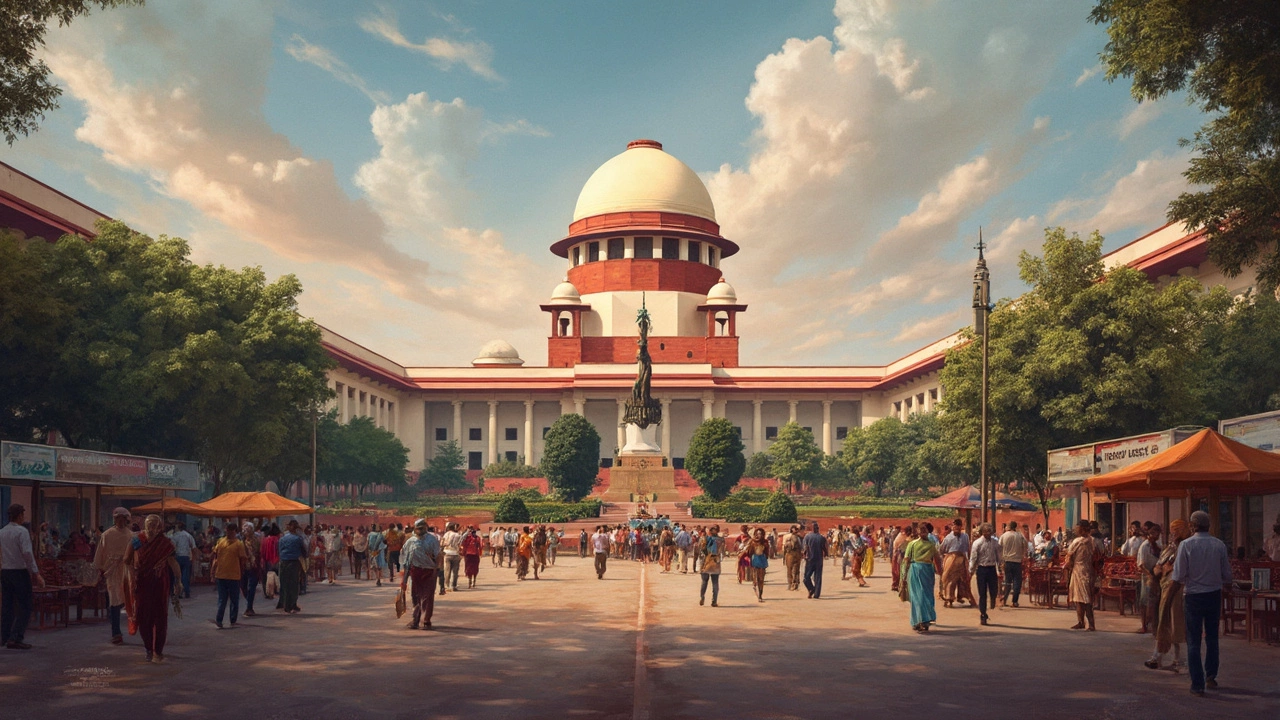Justice System – Your One‑Stop Guide
Wondering how the Indian justice system works and what you can do to navigate it? You’re not alone. Whether you face a divorce, a salary issue, or a consumer complaint, knowing the right steps makes a huge difference. This page pulls together the most useful info from our articles so you can act quickly and confidently.
How the Justice System Works
The system has three main levels: lower courts, high courts, and the Supreme Court. Lower courts handle everyday matters like family disputes, consumer complaints, and small‑scale criminal cases. If you’re not happy with a decision, you can appeal to a high court, and the Supreme Court steps in for big constitutional questions.
Every case starts with a petition or a complaint filed in the appropriate court. You’ll need to attach supporting documents – marriage certificates for divorce, salary slips for wage disputes, or purchase receipts for consumer claims. Once the court receives your filing, a judge reviews it and may call both sides for a hearing.
Procedures differ for different types of law. For family matters, mutual consent divorce can be faster if both parties agree, but contested divorce may involve several hearings and a longer timeline. Consumer protection cases often rely on the Consumer Protection Act, which lets you approach a consumer forum without a lawyer in many situations.
Practical Tips for Using the System
First, organize every document you have. A well‑sorted folder saves time and shows the court you’re serious. Second, meet all filing deadlines – missing a date can stall your case indefinitely. Third, consider free legal aid if you qualify; many states offer fee waivers for low‑income applicants.
If you’re dealing with an employer who isn’t paying salary, start by sending a formal demand letter. If that fails, file a claim in the labor court with proof of employment and unpaid wages. The process is usually quicker than a full civil suit.
For consumer grievances, file a complaint in the nearest consumer forum. Your case can be resolved in a few months if you include clear evidence of the defect, purchase details, and the amount you’re seeking.
When it comes to divorce, the cooling‑off period can be waived if both parties consent to an immediate separation. Check the latest 2025 rules – they allow a shortened timeline if you meet specific criteria.
Finally, keep calm and stay informed. Follow our step‑by‑step guides for each topic – from “Instant Divorce Myths” to “Employer Salary Dues” – and you’ll know exactly what to expect at every stage.
Need more detail on a specific issue? Browse the articles linked on this tag page for deeper insights, sample forms, and real‑world examples. The justice system may seem complex, but with the right information you can protect your rights and move forward confidently.

Highest Court for Criminal Cases: Understanding the Supreme Role
When it comes to criminal cases, the supreme authority lies with the Supreme Court. It's the topmost legal entity that interprets the law, impacts important legal decisions, and sets precedents. Understanding its role, impact, and the way it operates is essential for anyone interested in the justice system. Explore how this court functions, its unique responsibilities, and why it matters in criminal justice.